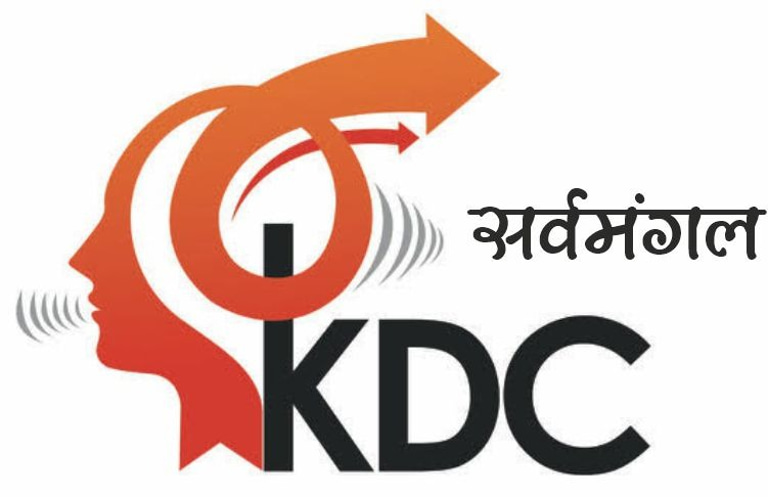KIAAN HOLISTIC DEVELOPMENT CLINIC - SPEECH & HEARING CENTER
Learning Difficulty
Understanding Learning Difficulties
Learning difficulties can impact an individual’s ability to acquire and apply essential skills such as reading, writing, speaking, reasoning, and mathematics. These challenges may manifest in different ways, ranging from struggles with basic literacy and numeracy to difficulties in organization, abstract reasoning, and problem-solving. Unlike intellectual disabilities or sensory impairments, learning difficulties stem from differences in cognitive processing rather than environmental or emotional factors. With tailored strategies and support, individuals can overcome obstacles and develop effective learning techniques that enhance their educational and personal growth.




Who might experience Learning Difficulties?
Children:
Learning difficulties are often identified in school-age children, as they begin to learn basic academic skills.
Individuals of all ages:
While commonly identified in childhood, learning difficulties can also affect adults, particularly when faced with increased demands in work or daily life.
Individuals with specific brain differences:
Learning difficulties are often caused by differences in the way the brain processes information, which can affect how individuals learn.
Those with family history:
A family history of learning difficulties can increase the risk.
Individuals exposed to certain risks before or shortly after birth:
Premature birth, exposure to alcohol or other substances during pregnancy, and low birth weight can increase the risk of learning difficulties.
Individuals with specific learning disorders:
Learning difficulties can include specific learning disorders like dyslexia (reading difficulties), dysgraphia (writing difficulties), and dyscalculia (mathematical difficulties).
Individuals with co-occurring conditions:
Learning difficulties can occur alongside other conditions, such as sensory impairments, intellectual impairments, or emotional disturbances.
